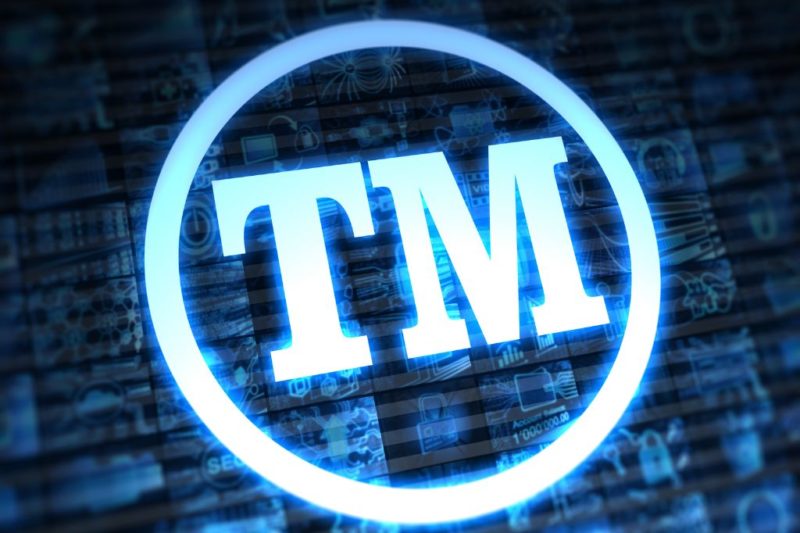If you’re just starting a business, one of the most important things you can do is decide on a name (trademark) that offers as much protection as possible. A trademark is a “word, name, symbol, device, or other designation that is distinctive of a person’s goods or services and that is used in a manner that identifies those goods or services and distinguishes them from the goods or services of others.” Simply put: it’s how you identify yourself in the market. Trademarks help distinguish your business from competitors. Deciding on a protectable trademark at the start of your business can help prevent those competitors from diluting or counterfeiting your business. There are several factors to consider when deciding on the best name for your business.
Not all marks are created equal. In fact, there are five categories in which your business’s name can fall: generic, descriptive, suggestive, arbitrary, and fanciful. There is a general rule that you can follow—along this spectrum, the further you get from generic and the closer you get to fanciful, the more protectable your mark will be.
Generic words are the base way of talking about something. For example, you could not protect your restaurant’s name if it was named “Restaurant.”
Descriptive words describe some characteristic or quality of the article or service offered. For example, you could not protect the name “Italian Restaurant” since it simply describes something about the type of business it is. Surnames and geographic areas are both “merely descriptive” and require something more shown to be protectable. For the same reason as above, “Forest City Restaurant,” being merely descriptive, would not be protectable. An otherwise merely descriptive mark can become protectable after some time if the mark holder can show that consumers associate the mark with the good or service, but this takes time and expense to establish.
Suggestive words are our first step into inherently protectable territory. Suggestive marks imply something about the good or service offered without making an explicit reference to it. For example, “Netflix,” “Coppertone,” “Tide,” and “Grayhound” all suggest something about the good or service they provide. These differ from descriptive words because it requires the consumer to make some form of “creative leap” from the name to the good or service.
Arbitrary words, along with fanciful words, are the safest choices. An arbitrary word, such as the “Apple” electronics company, involves taking a real word and using it for goods or services that are completely unrelated to that word. A fanciful word like “Kodak” or “Exxon” is made up. As you might expect, arbitrary and fanciful words require the most marketing and exposure to establish in the consumer’s mind some kind of connection with the product or service offered.
While it may be tempting to choose descriptive words for your business (such as the name of your area or a positive trait), these will not serve your brand-protection goals well. When deciding on a mark, you should consult with an experienced intellectual property attorney to help you think of a suggestive, arbitrary, or fanciful name for your business. Once you’ve settled on a name, ask your attorney to help you register that mark with the United States Patent and Trademark Office.
If you need to contact an attorney regarding a Trademark, contact King Law Offices by calling (888)748-KING (5464) or filling out our consultation form. Our attorneys understand that your mark is important to you and your consumers. We will work to make sure that you and your consumers are protected by registering your Trademark.


